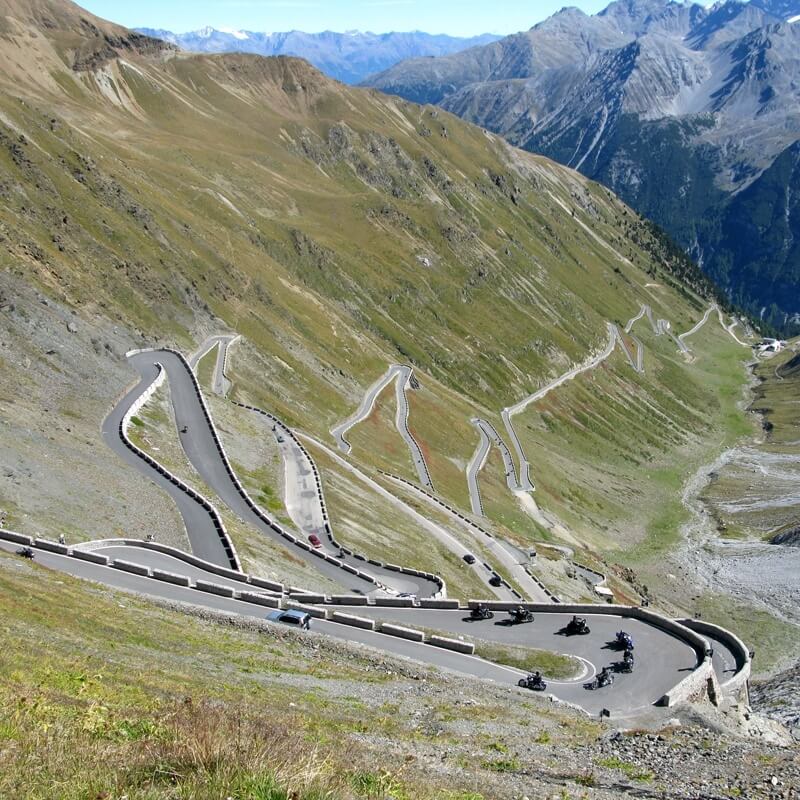Yes, we kicked around the idea of a small trailer as well. We have gotten by without so far.
When trying to achieve decent fuel economy, towing isn’t typically part of the equation.
I think for our purposes, we will be ok. We did say there will be times we want more room. Just as we do with our current situation. But, it’s not a must have. We can always make due.
For the most part, commuting to London and back and trips to Ottawa with the kids and pups should be ok.
We could go bigger but, driving the majority of the time as a single passenger chews up a lot of fuel needlessly.
We did consider other options but, the price point for new and having a monthly payment isn’t appealing at the moment.
Even if we have to rent a minivan for a week vacation etc. The expense of the rental and fuel for those occasions is cheaper than buying something in the $30k-$40k range.
I can buy something used and outright that has low mileage and should be able to run it for a while with regular maintenance.
That’s the approach we are taking anyways.
We had to examine different options. We can get even better efficiency with a sedan but, that doesn’t work with the dogs.
Sent from my iPad using Tapatalk
When trying to achieve decent fuel economy, towing isn’t typically part of the equation.
I think for our purposes, we will be ok. We did say there will be times we want more room. Just as we do with our current situation. But, it’s not a must have. We can always make due.
For the most part, commuting to London and back and trips to Ottawa with the kids and pups should be ok.
We could go bigger but, driving the majority of the time as a single passenger chews up a lot of fuel needlessly.
We did consider other options but, the price point for new and having a monthly payment isn’t appealing at the moment.
Even if we have to rent a minivan for a week vacation etc. The expense of the rental and fuel for those occasions is cheaper than buying something in the $30k-$40k range.
I can buy something used and outright that has low mileage and should be able to run it for a while with regular maintenance.
That’s the approach we are taking anyways.
We had to examine different options. We can get even better efficiency with a sedan but, that doesn’t work with the dogs.
Sent from my iPad using Tapatalk


